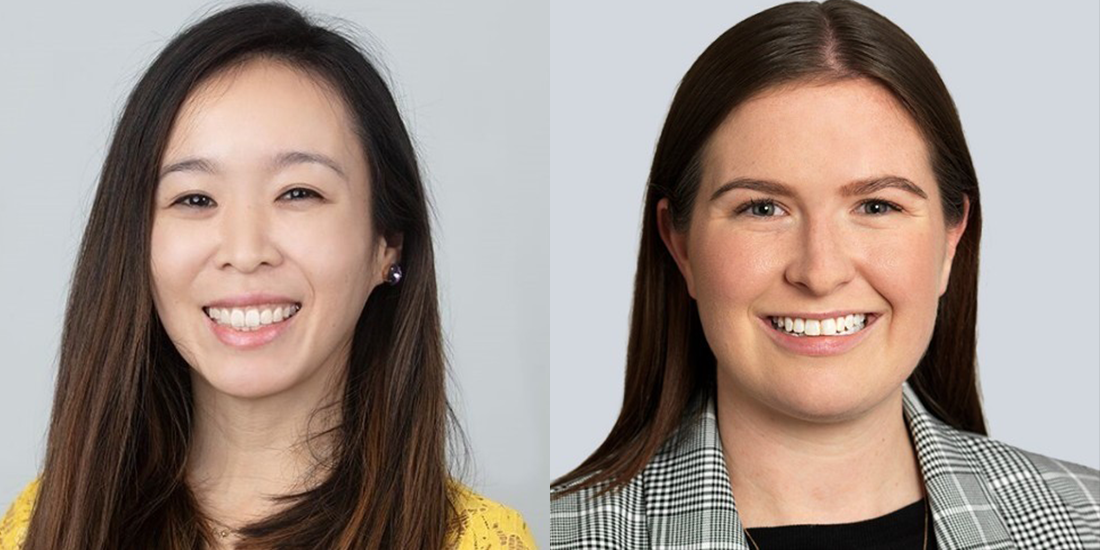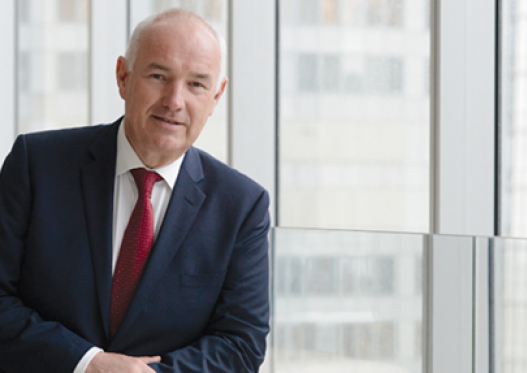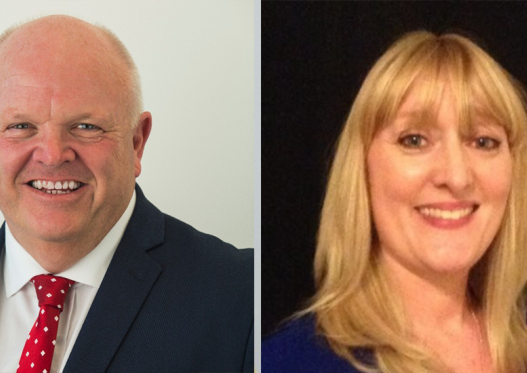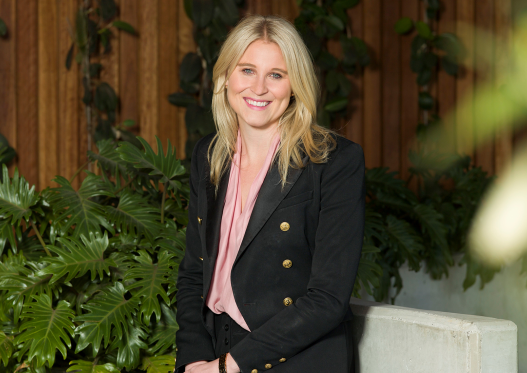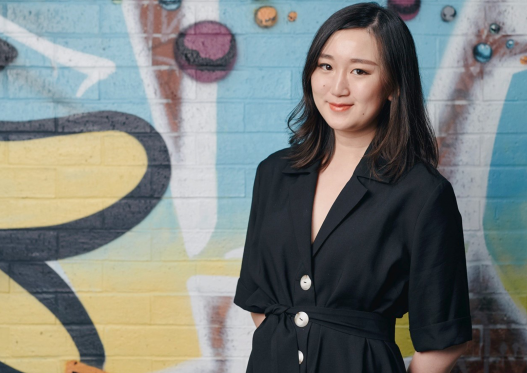Professional Banking Fundamentals provides the reasons “why” behind the day-to-day business of working in a bank.
That’s the verdict of two recent graduates at Judo Bank who are about to be promoted from ‘analyst’ to ‘banker’ at the SME business lending focused challenger bank.
Their certificates are among dozens lining the walls behind the reception at Judo’s fourth floor office in Sydney, like those at other Judo offices around the country and, are testimony to the challenger’s belief in professionalism.
Most of the certificates carry FINSIA’s logo and show a shared determination to reinvent the craft of banking with elevated skills that will improve levels of customer trust.
That they are proudly displayed for customers to see when they walk into Judo highlights the pride the organisation has in having the best bankers in its ranks.
But who are they? And what do they think about PBF, professionalism and the purpose of banking in Australia in 2021.
Analyst Emily Smith - who worked at one of the Big Four before a stint in retail supply chain - clearly sees the benefits of the course deemed “non-negotiable” by co-founder Joseph Healy in a previous InFinance interview.
“From our perspective, Professional Banking Fundamentals may be compulsory. But when you're doing the course, you see the purpose of it,” she said.
“I think the premise of Judo is banking as it used to be, banking as it should be. And I think doing the PBF, for me, puts a bit of a context to where banking fits into the bigger picture and wider economy
“There's a huge focus on ethics in that and other different aspects, like complaints - those sorts of things that gives a bit of a broader picture of what we're doing and why are we doing it.
“It gives a lot more reason why we operate the way we do, which is important for your day-to-day understanding of why we're doing things.”
Reflecting on how PBF helped specifically, Emily added: “I worked at NAB previously in an analyst role, over there. Then I left NAB and was most recently working in supply chain at Estee Lauder. So that was very much away from the industry.
“So for me, especially when you've been in banking and left for a while, it was really good to get back and see these fundamentals and remember why we do the things we do.
“It was a really good refresher, a kick starter. The why we do the things we do.”
Fellow analyst Elizabeth Louie, who worked at two of the Big Four before Judo, agreed that the PBF filled in the gaps left by more basic courses at other banks.
“A big part of the PBF was that it gave us the context of why,” she said.
“It helps to understand the bigger picture of what's happening in banking.
“It helps you understand why we do everything we do, and why banking has evolved the way it has.
“And it's nice to have a globally recognised certification.
“People in banking - from my previous experience and what my peers have experienced - don't get recognised in this way.
“But when we talk about the professionalisation of banking and the need for that to happen, this is really good for that.”
On her time with her previous employer, Elizabeth explained ongoing CPD was the limit of training and development. That and annual reviews.
Now with PBF under their belt, both Elizabeth and Emily can move forward within Judo. Though they will have to pass increasingly tough credit score tests - that all first time job applicants have to take - as they progress.
But how hard are the questions in the PBF? According to the analysts, the tough questions are about specific timelines, different acts and regulatory nuances that are important to understand.
“They're more detailed than we would go into on a day-to-day basis, in terms of sort of why we have those rules and regulations. But it does help with the bigger picture,” says Emily.
The beauty of PBF, according to Elizabeth, is that everyone with different skill sets who complete the program has that minimum standard base to work off.
“Some people come from totally different industries. Some people have been in banking for a while. But the PBF shows they have all reached that professional level.”



